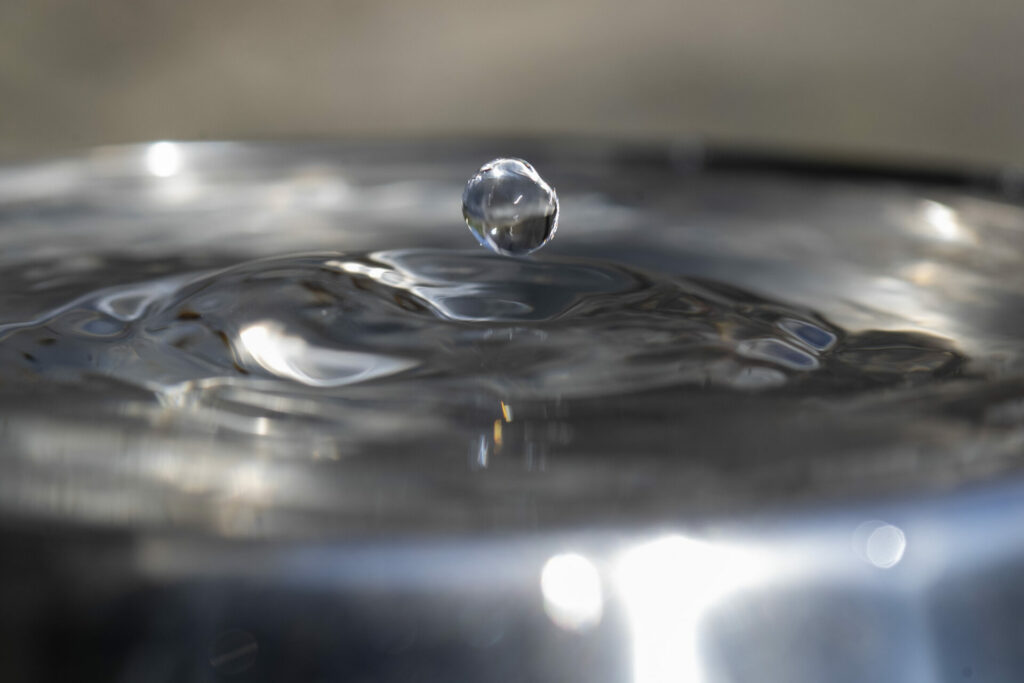Drinking water will become up to 20% more expensive in the next six years, according to the tariff plans drawn up by the water companies for the 2023-2028 period.
While the Flemish Environment Agency has yet to give an official green light for the project, the tariff plans submitted by the companies, seen by VTM News, show that water will indeed become more expensive.
"The price will increase by 11% on average. Over six years, that is about 2% a year," director of Aquaflanders Carl Heyrman said on VTM News. "Given the current inflation rate, that is not too bad." At Farys, however, the basic rate for customers will go from €2.27 per 1,000 litres in 2022 to €2.72 per 1,000 litres in 2028 – an increase of roughly 20%.
Customers of De Watergroep will see the prices go up from €1.96 per 1,000 litres today to €2.19 per 1,000 litres in 2028. The Pidpa and Water-link companies have postponed the calculations because they are still in merger talks.
"At Aquaduin (active in the West-Flemish municipalities of Alveringem, De Panne, Diksmuide, Koksijde, Nieuwpoort and Veurne,) they are massively rolling out digital water meters and the information the company gets from that enables them to work more efficiently and therefore cheaper," Heyrman said.
Related News
- Belgium experienced driest July since 1885
- Grass not greener: Why brown gardens are more than just an eyesore
- No risk of tap water running out in Flanders despite dry summer
Customers living in one of these municipalities still pay €1.87 per 1,000 litres today, but will pay about 3.5% less in 2028, as the price will drop to €1.81.
Additionally, Heyrman explained that while many people assume the price of water is going up due to the current drought, this is not entirely true.
"Companies are indeed making investments to provide extra production capacity and are looking into installing extra storage capacity that can be filled in the winter to meet the needs of the summer. But the companies do this by mainly looking for solutions together," he said.
"Where two neighbouring water companies used to provide additional capacity on their own, they are now doing so together. This ensures that the price increase of 2% per year can still be kept under control."
Still, the price of water is only part of people's water bill: there are also the costs for sewerage and water purification, added Heyrman. "If there are a lot of sewerage works, that will also be passed on to the bill in consultation with the municipality. And as these works become more expensive due to inflation, this component will also become more expensive."

